12 Nutrient-Packed Superfoods You're Missing Out On
In the vast world of nutrition, superfoods have emerged as a beacon of health, promising a wealth of benefits packed into each bite. These nutrient-dense foods are renowned for their potential to improve health, prevent diseases, and provide essential nutrients that are often missing in the average diet. However, amidst the kaleidoscope of kale and the ubiquity of blueberries, many lesser-known superfoods remain in the shadows, overlooked by the majority. This article aims to shine a spotlight on 12 of these powerhouse foods that can significantly elevate your health and nutrition game. As we delve into each superfood, you'll discover their unique properties, the science behind their benefits, and practical ways to incorporate them into your daily regimen. This journey not only promises to expand your culinary horizons but also equips you with the knowledge to make informed dietary choices that can enhance your well-being.
1. Chia Seeds: Tiny Titans of Nutrition
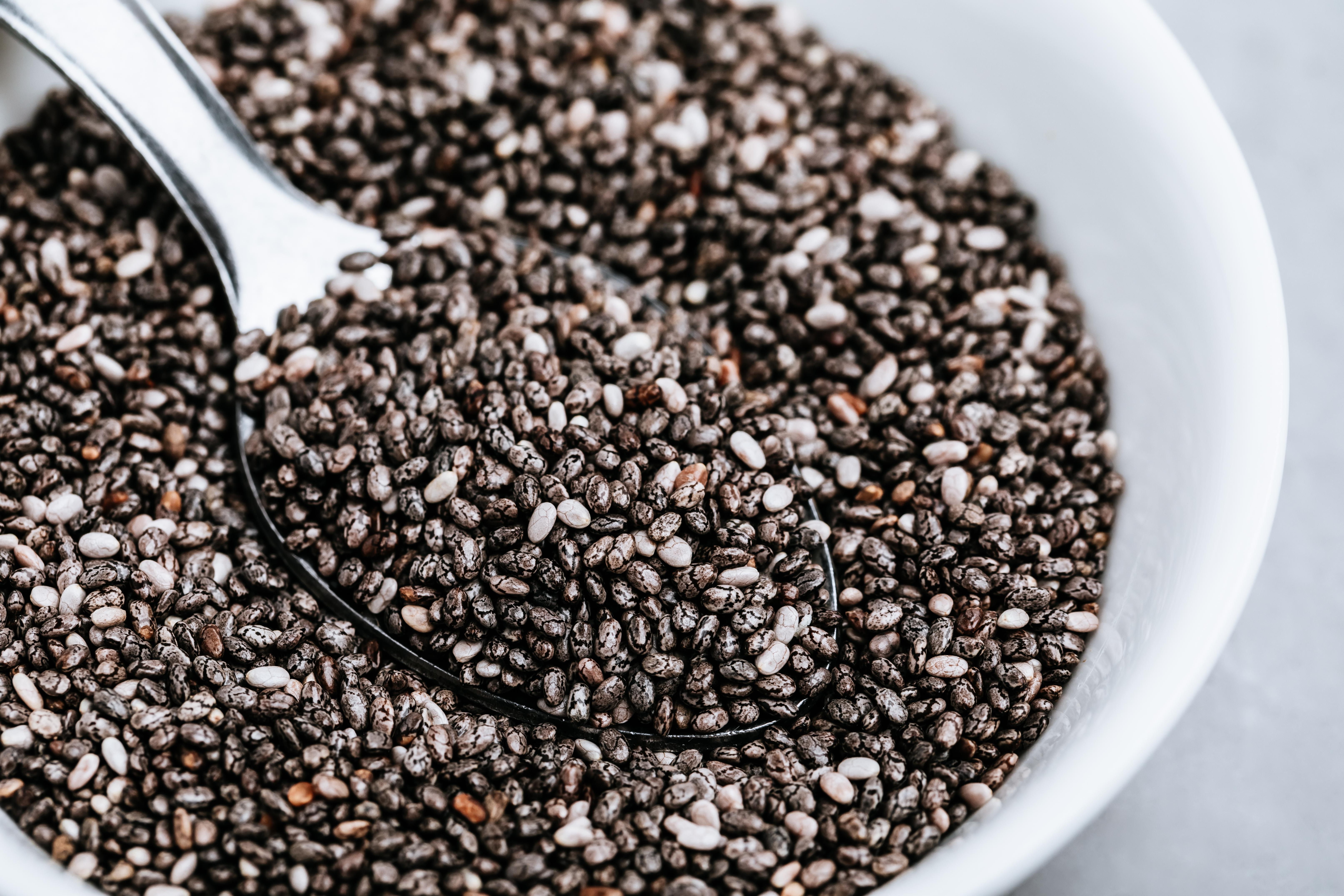
Chia seeds may be small, but they are mighty when it comes to nutritional content. These seeds are a rich source of omega-3 fatty acids, which are essential for heart health and brain function. Additionally, chia seeds are packed with fiber, which aids in digestion and helps maintain a feeling of fullness, making them an excellent addition for those looking to manage their weight. The seeds also contain a significant amount of protein and essential minerals such as calcium, magnesium, and phosphorus. The versatility of chia seeds is another reason to include them in your diet; they can be sprinkled on salads, mixed into smoothies, or used to create a nutrient-dense pudding. By incorporating chia seeds into your meals, you can boost your intake of essential nutrients without altering your diet drastically.
2. Spirulina: The Algae That Packs a Punch
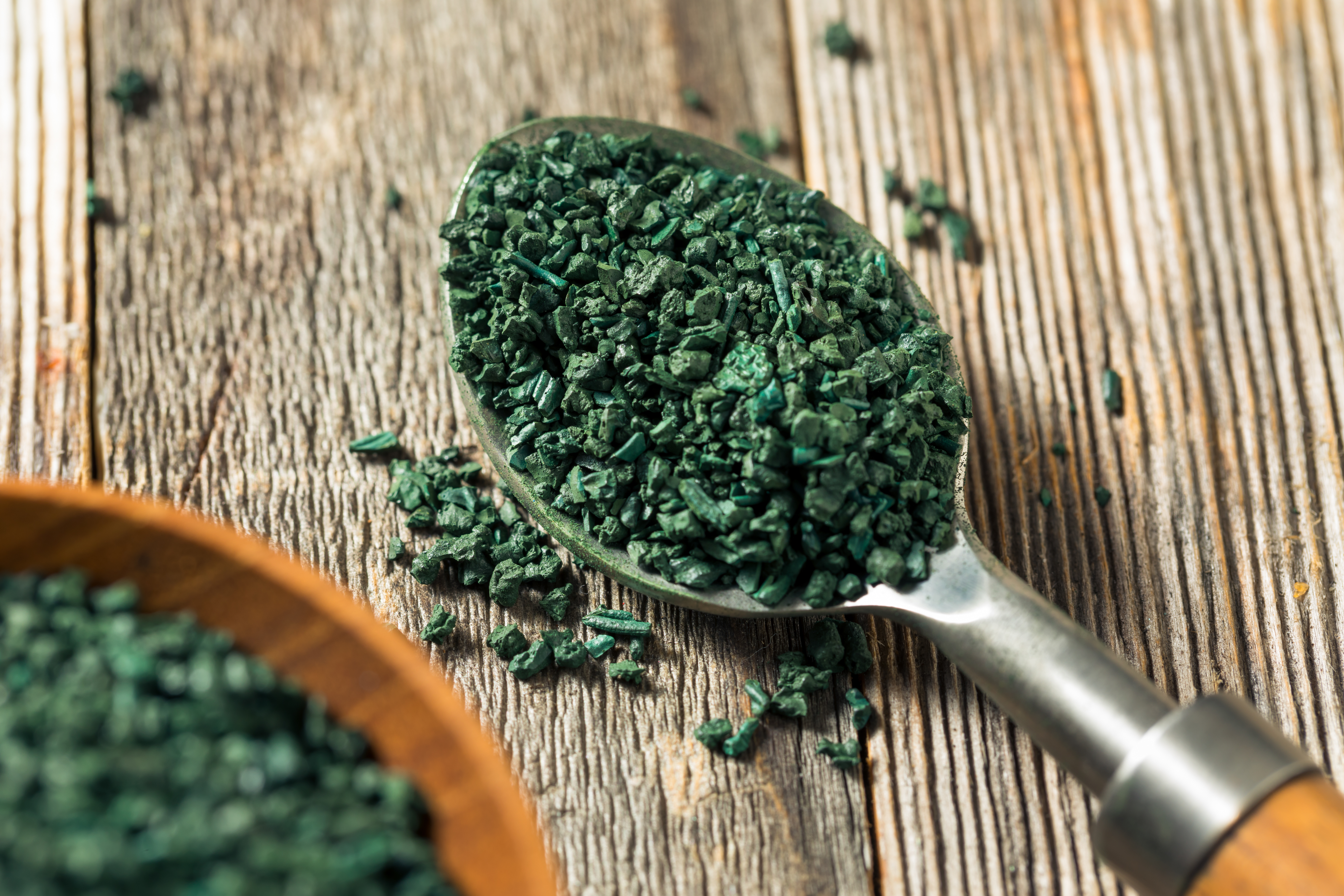
Spirulina is a blue-green algae that has gained popularity as a superfood due to its impressive nutrient profile. It is incredibly high in protein, providing all essential amino acids, making it a valuable protein source for vegetarians and vegans. Spirulina is also rich in vitamins and minerals, including iron, which is crucial for maintaining healthy blood cells and preventing anemia. Furthermore, it contains antioxidants like phycocyanin, which helps combat oxidative stress and inflammation in the body. Spirulina can be consumed in powder form, added to smoothies, or taken as a supplement. Its slightly earthy taste might take some getting used to, but the health benefits it offers make it worth the effort. Regular consumption of spirulina can contribute to improved energy levels, enhanced immune function, and overall better health.
3. Hemp Seeds: The Perfect Protein
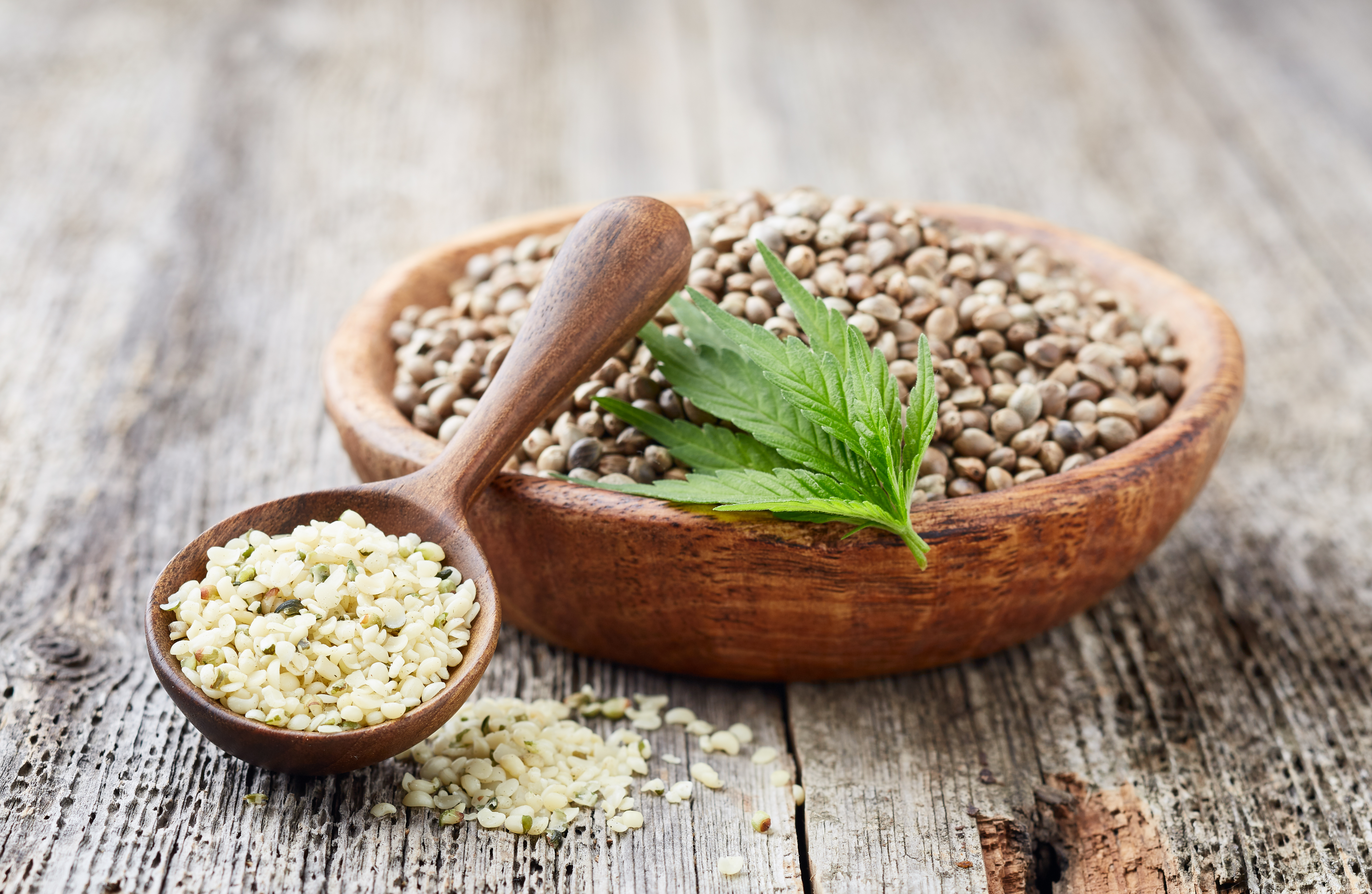
Hemp seeds are an exceptional source of plant-based protein, containing all nine essential amino acids required by the body. This makes them particularly beneficial for those following vegetarian or vegan diets. In addition to protein, hemp seeds are rich in healthy fats, including omega-3 and omega-6 fatty acids, which support heart health and cognitive function. They are also a good source of fiber, which promotes digestive health and helps regulate blood sugar levels. The nutty flavor of hemp seeds makes them a delicious addition to a variety of dishes. They can be sprinkled on yogurt, blended into smoothies, or incorporated into baked goods. By including hemp seeds in your diet, you can ensure you're getting a complete protein source, along with a host of other nutrients that support overall health.
4. Moringa: The Miracle Tree
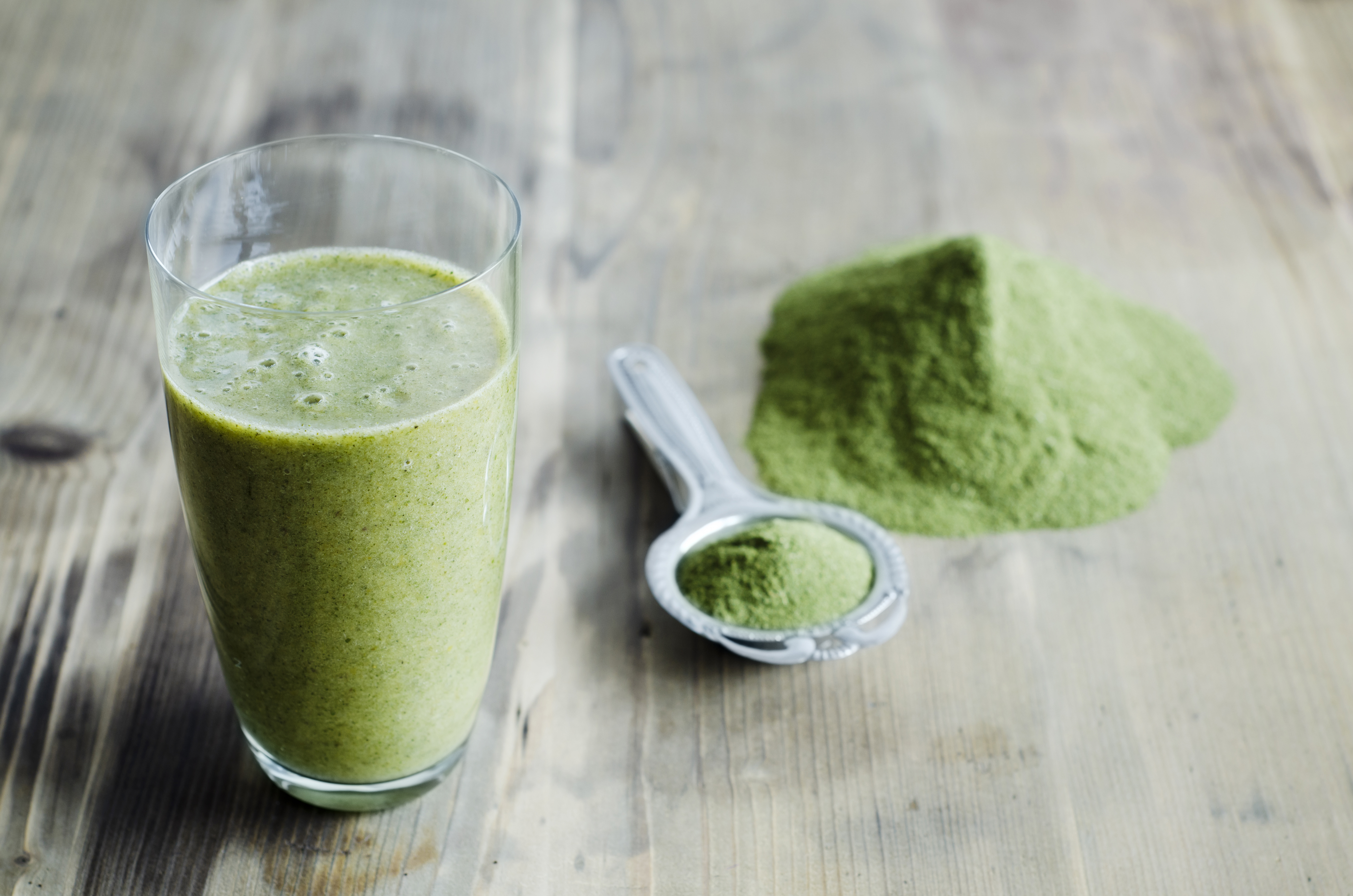
Moringa, often referred to as the "miracle tree," is a plant that offers an array of health benefits. Its leaves are packed with vitamins, minerals, and antioxidants, making it a powerful addition to any diet. Moringa is particularly high in vitamin C, vitamin A, calcium, and potassium, which are essential for maintaining healthy bones, skin, and immune function. Additionally, moringa contains compounds that have been shown to reduce inflammation and lower cholesterol levels. The leaves can be consumed fresh, dried, or in powder form, and can be added to soups, stews, or smoothies. Moringa's versatility and nutrient density make it an excellent choice for those looking to boost their nutritional intake. By incorporating moringa into your diet, you can take advantage of its numerous health benefits and support overall well-being.
5. Amaranth: The Ancient Grain of the Future
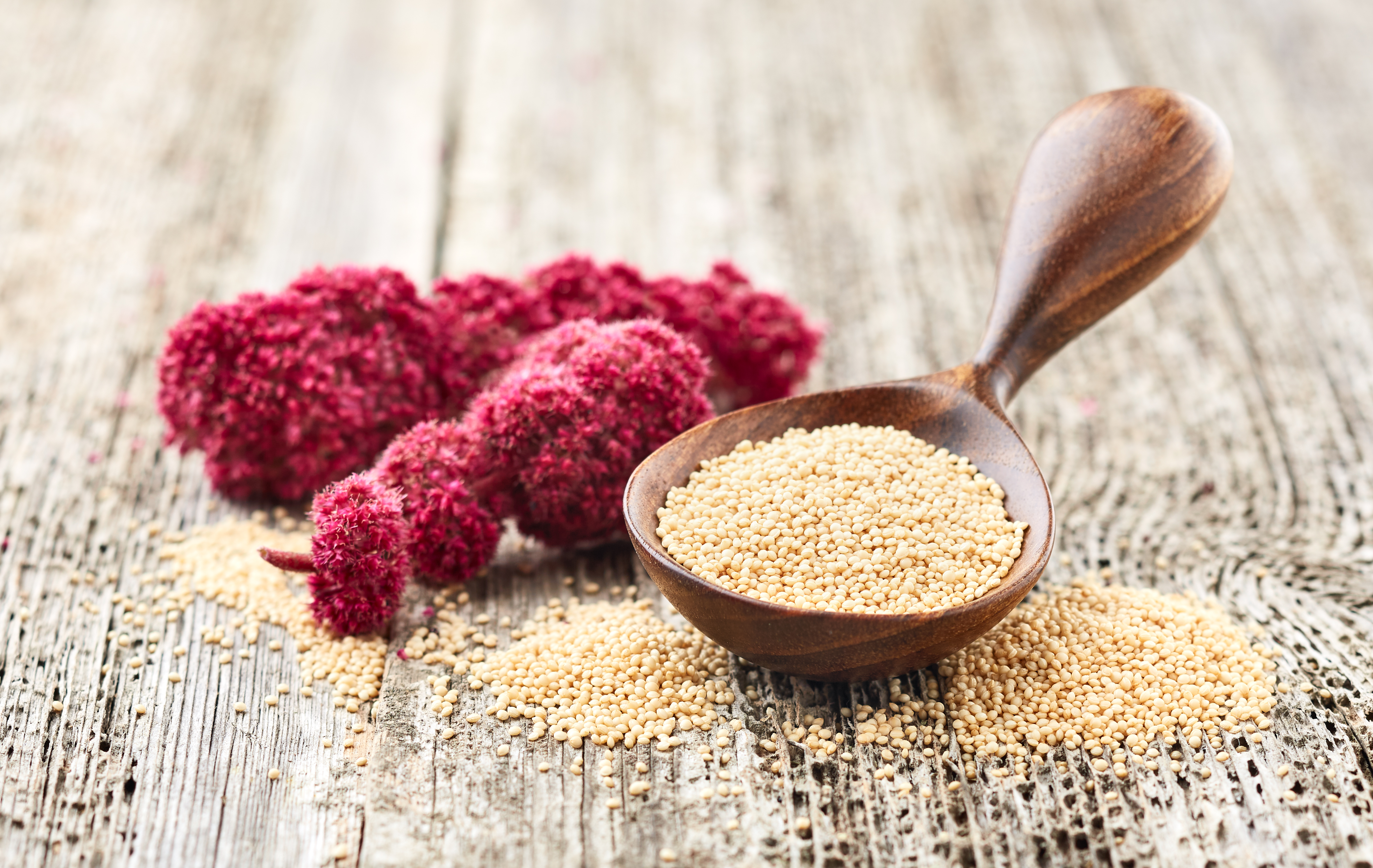
Amaranth is an ancient grain that has been cultivated for thousands of years, yet it remains relatively unknown in modern diets. This gluten-free grain is a nutritional powerhouse, offering a high protein content and a rich supply of essential amino acids, particularly lysine, which is often lacking in other grains. Amaranth is also a good source of dietary fiber, which aids in digestion and helps regulate blood sugar levels. In addition to its protein and fiber content, amaranth is rich in vitamins and minerals, including iron, magnesium, and phosphorus. Its nutty flavor and versatile texture make it a great addition to a variety of dishes, from breakfast porridge to savory pilafs. By incorporating amaranth into your diet, you can enjoy a nutrient-dense food that supports overall health and well-being.
6. Maca Root: The Adaptogenic Powerhouse
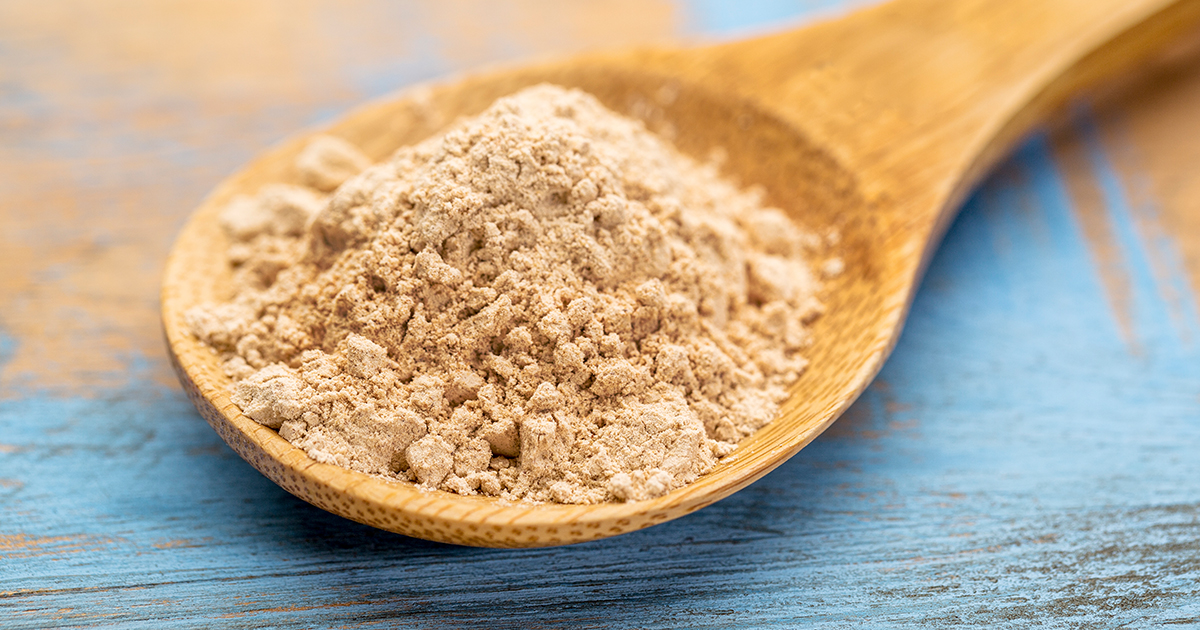
Maca root, a cruciferous vegetable native to the Andes mountains, has been used for centuries for its adaptogenic properties. Adaptogens are compounds that help the body adapt to stress and maintain balance, making maca an excellent choice for those looking to improve their resilience to physical and mental stressors. Maca is also rich in vitamins and minerals, including vitamin C, copper, and iron, which support energy production and immune function. Additionally, maca has been shown to enhance mood and improve cognitive function, making it a valuable addition to any diet. The root is typically consumed in powder form and can be added to smoothies, baked goods, or oatmeal. By incorporating maca root into your diet, you can take advantage of its adaptogenic properties and support overall health and well-being.
7. Baobab: The Tree of Life
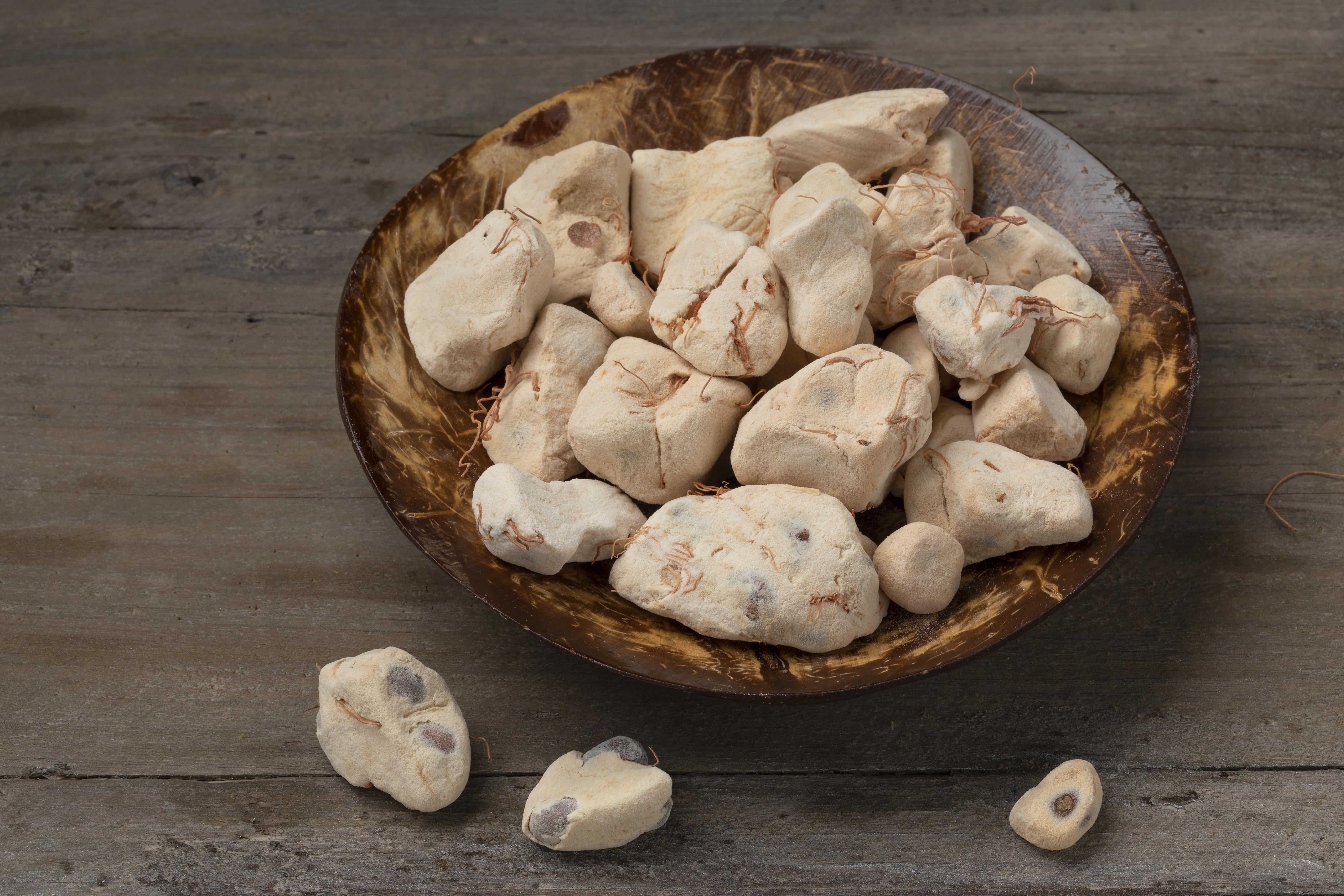
Baobab fruit, often referred to as the "tree of life," is a nutrient-dense superfood that offers a wide range of health benefits. The fruit is rich in vitamin C, which supports immune function and helps protect the body against oxidative stress. Baobab is also a good source of dietary fiber, which aids in digestion and helps regulate blood sugar levels. In addition to its vitamin and fiber content, baobab is packed with antioxidants, which help combat inflammation and support overall health. The fruit has a tart, citrus-like flavor and can be consumed in powder form, added to smoothies, or used as a natural sweetener in baked goods. By incorporating baobab into your diet, you can enjoy a nutrient-dense food that supports overall health and well-being.
8. Camu Camu: The Vitamin C Powerhouse
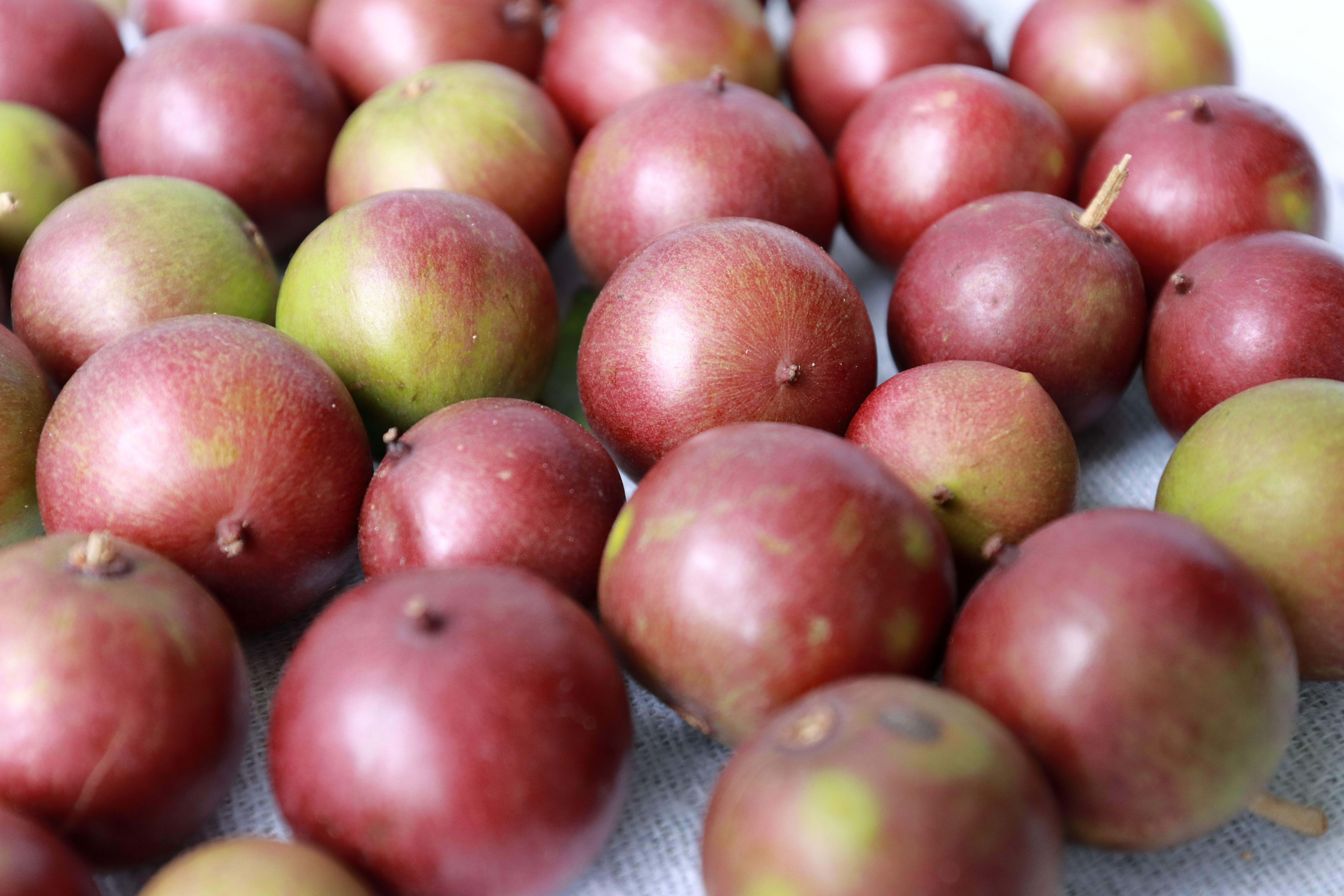
Camu camu is a small berry native to the Amazon rainforest, known for its incredibly high vitamin C content. In fact, camu camu contains more vitamin C per serving than any other food, making it an excellent choice for supporting immune function and preventing colds and flu. In addition to vitamin C, camu camu is rich in antioxidants, which help protect the body against oxidative stress and inflammation. The berry also contains a variety of other vitamins and minerals, including potassium, calcium, and iron, which support overall health and well-being. Camu camu is typically consumed in powder form and can be added to smoothies, yogurt, or oatmeal. By incorporating camu camu into your diet, you can boost your vitamin C intake and support overall health and well-being.
9. Sacha Inchi: The Incan Peanut
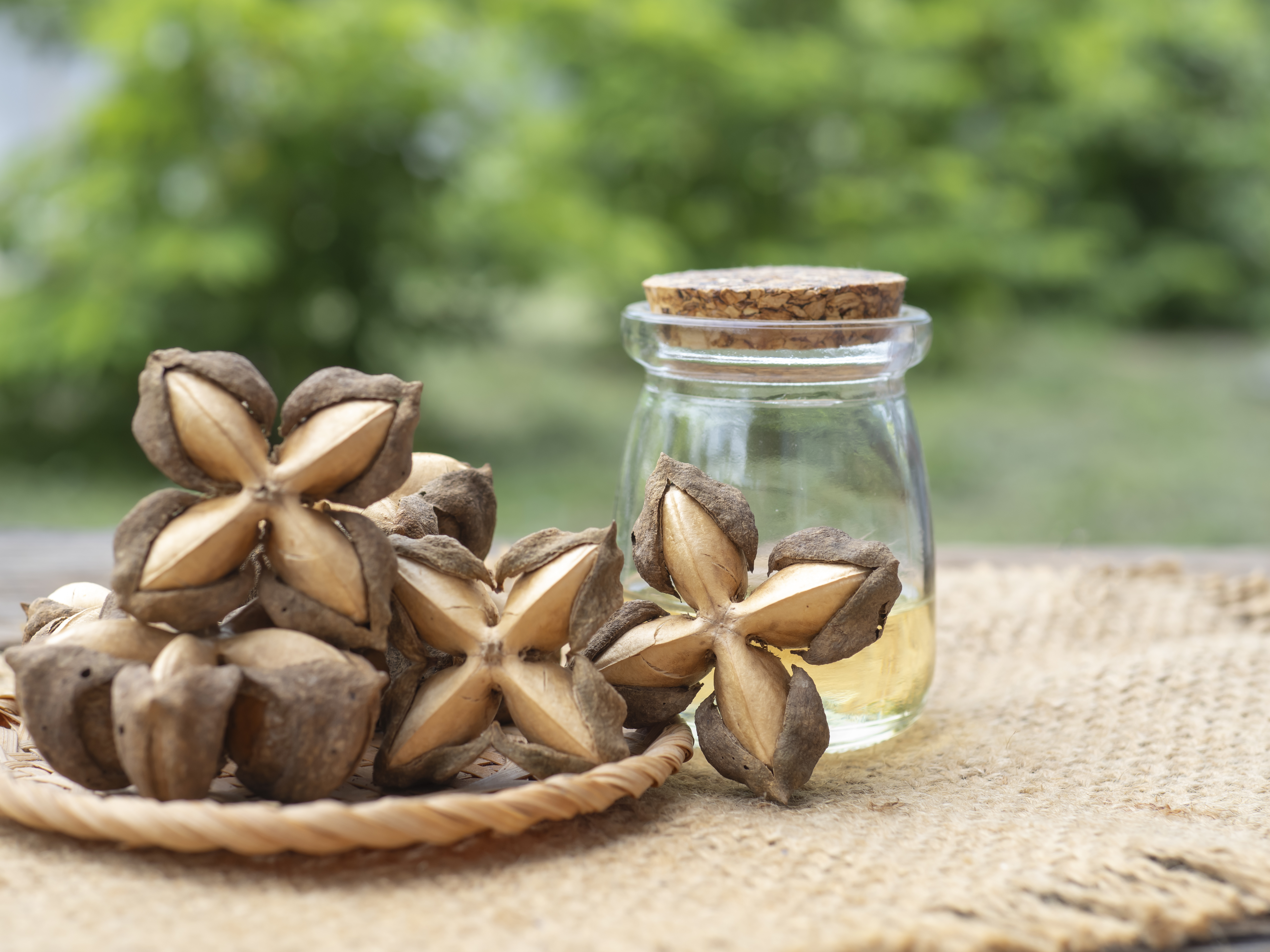
Sacha Inchi, also known as the Incan peanut, is a nutrient-dense seed that offers a wide range of health benefits. The seeds are rich in omega-3 fatty acids, which support heart health and cognitive function. Sacha Inchi is also a good source of protein, making it a valuable addition to vegetarian and vegan diets. In addition to its protein and omega-3 content, Sacha Inchi is rich in antioxidants, which help combat inflammation and support overall health. The seeds have a nutty flavor and can be consumed roasted, added to salads, or used as a topping for yogurt or oatmeal. By incorporating Sacha Inchi into your diet, you can enjoy a nutrient-dense food that supports overall health and well-being.
10. Lucuma: The Sweet Superfruit
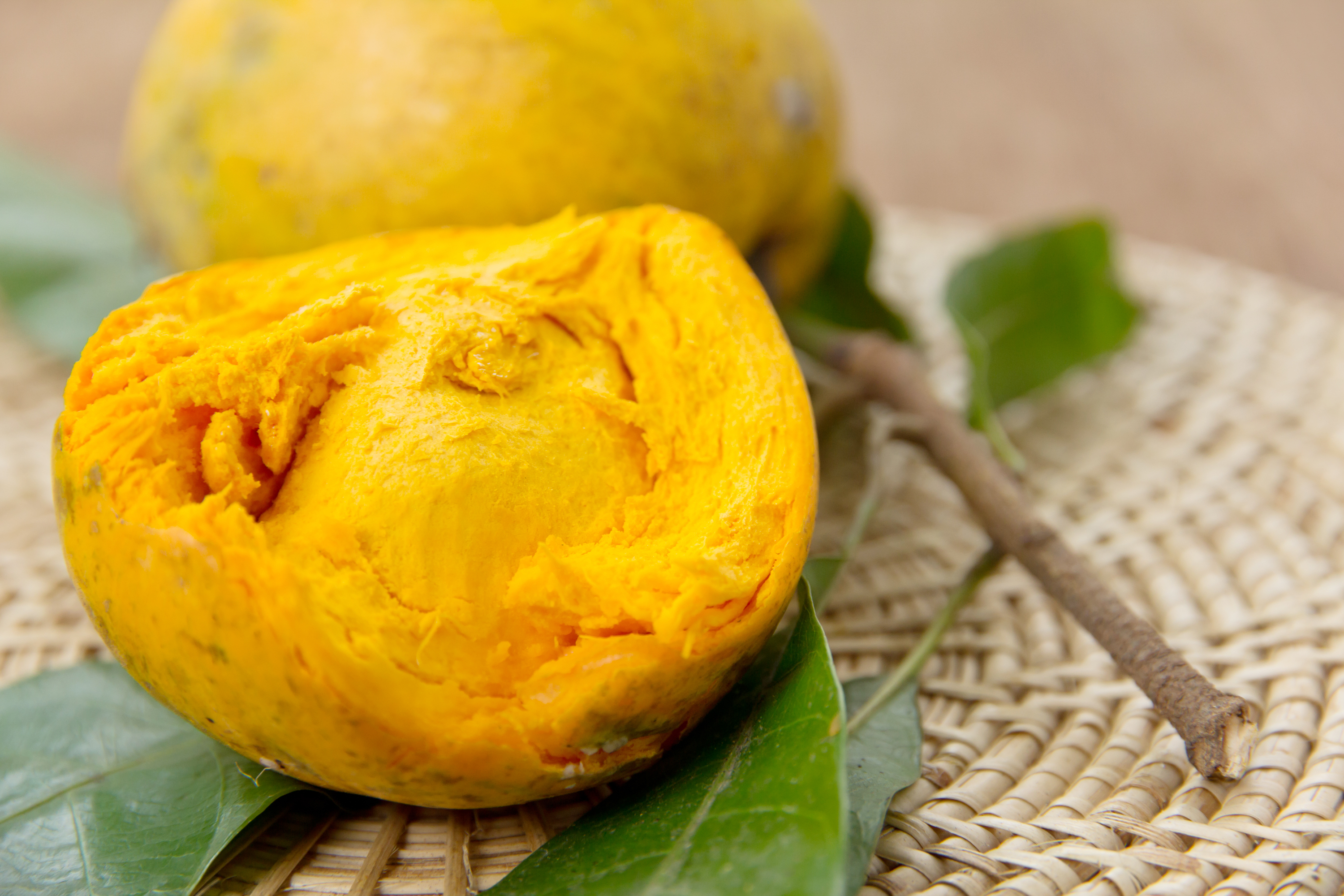
Lucuma is a sweet, tropical fruit native to Peru, known for its rich flavor and impressive nutrient profile. The fruit is a good source of beta-carotene, which supports eye health and immune function. Lucuma is also rich in antioxidants, which help protect the body against oxidative stress and inflammation. In addition to its vitamin and antioxidant content, lucuma is a good source of dietary fiber, which aids in digestion and helps regulate blood sugar levels. The fruit has a sweet, caramel-like flavor and can be consumed fresh, dried, or in powder form. Lucuma is a versatile ingredient that can be used as a natural sweetener in smoothies, baked goods, or desserts. By incorporating lucuma into your diet, you can enjoy a nutrient-dense food that supports overall health and well-being.
11. Teff: The Tiny Grain with Big Benefits
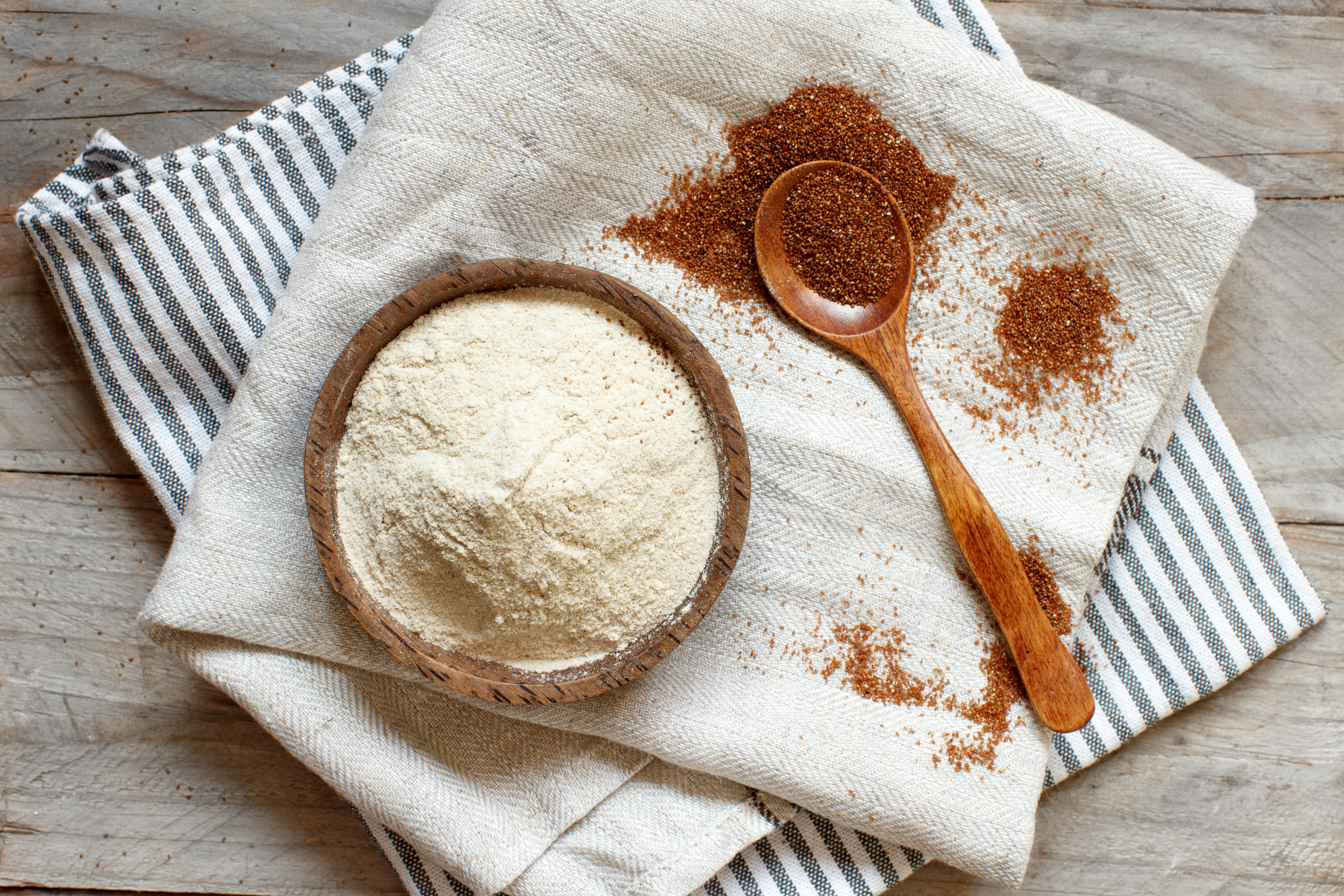
Teff is a tiny grain native to Ethiopia, known for its impressive nutrient profile and versatility. The grain is a good source of protein, making it a valuable addition to vegetarian and vegan diets. Teff is also rich in dietary fiber, which aids in digestion and helps regulate blood sugar levels. In addition to its protein and fiber content, teff is a good source of essential minerals, including iron, calcium, and magnesium, which support overall health and well-being. The grain has a mild, nutty flavor and can be used in a variety of dishes, from porridge to bread. By incorporating teff into your diet, you can enjoy a nutrient-dense food that supports overall health and well-being.
12. Kelp: The Ocean's Superfood
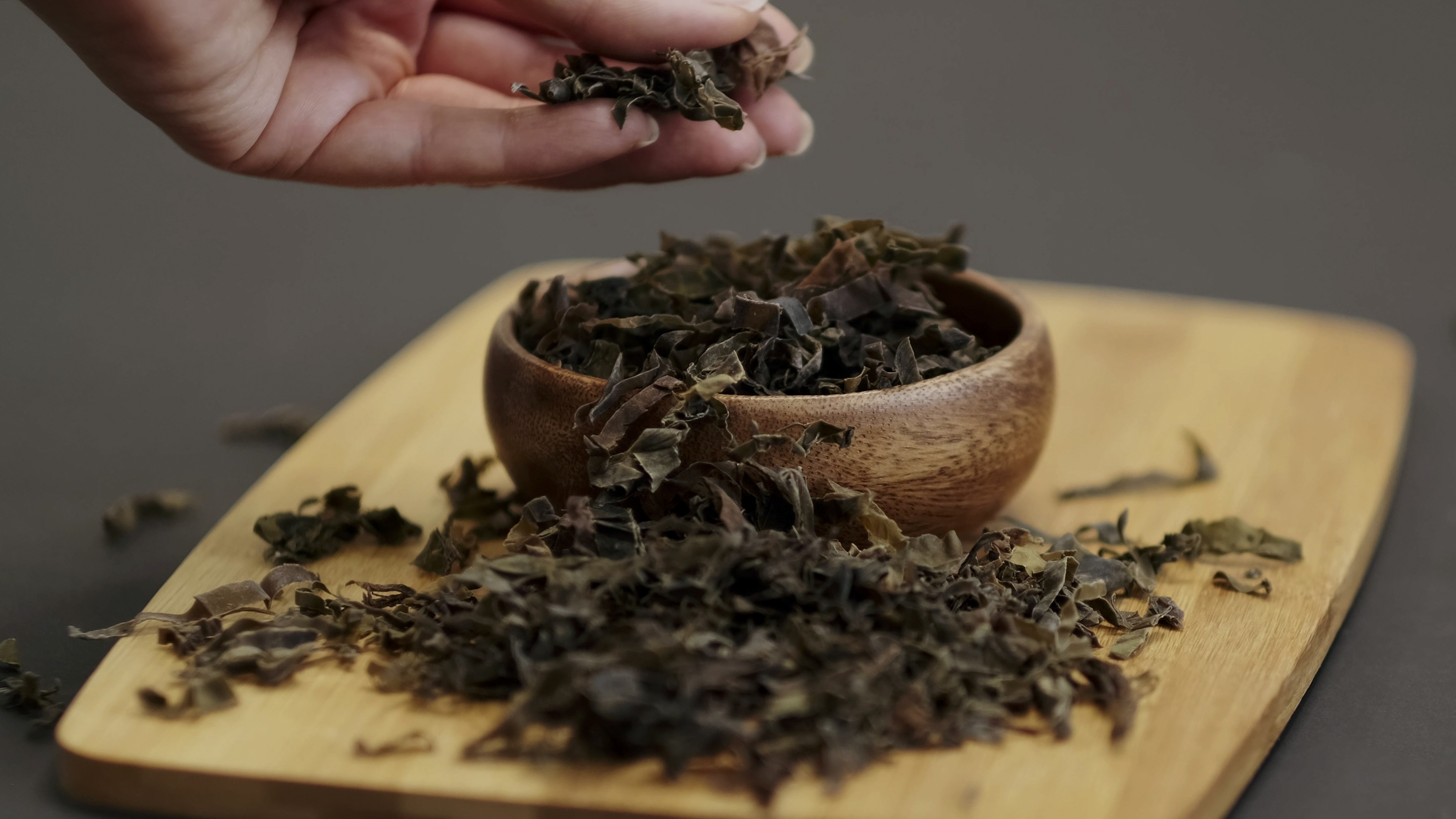
Kelp, a type of seaweed, is a nutrient-dense superfood that offers a wide range of health benefits. The seaweed is rich in iodine, which supports thyroid function and helps regulate metabolism. Kelp is also a good source of vitamins and minerals, including vitamin K, calcium, and iron, which support overall health and well-being. In addition to its vitamin and mineral content, kelp is rich in antioxidants, which help protect the body against oxidative stress and inflammation. The seaweed has a salty, umami flavor and can be consumed fresh, dried, or in supplement form. Kelp is a versatile ingredient that can be used in soups, salads, or as a seasoning. By incorporating kelp into your diet, you can enjoy a nutrient-dense food that supports overall health and well-being.
Embracing the Power of the Overlooked
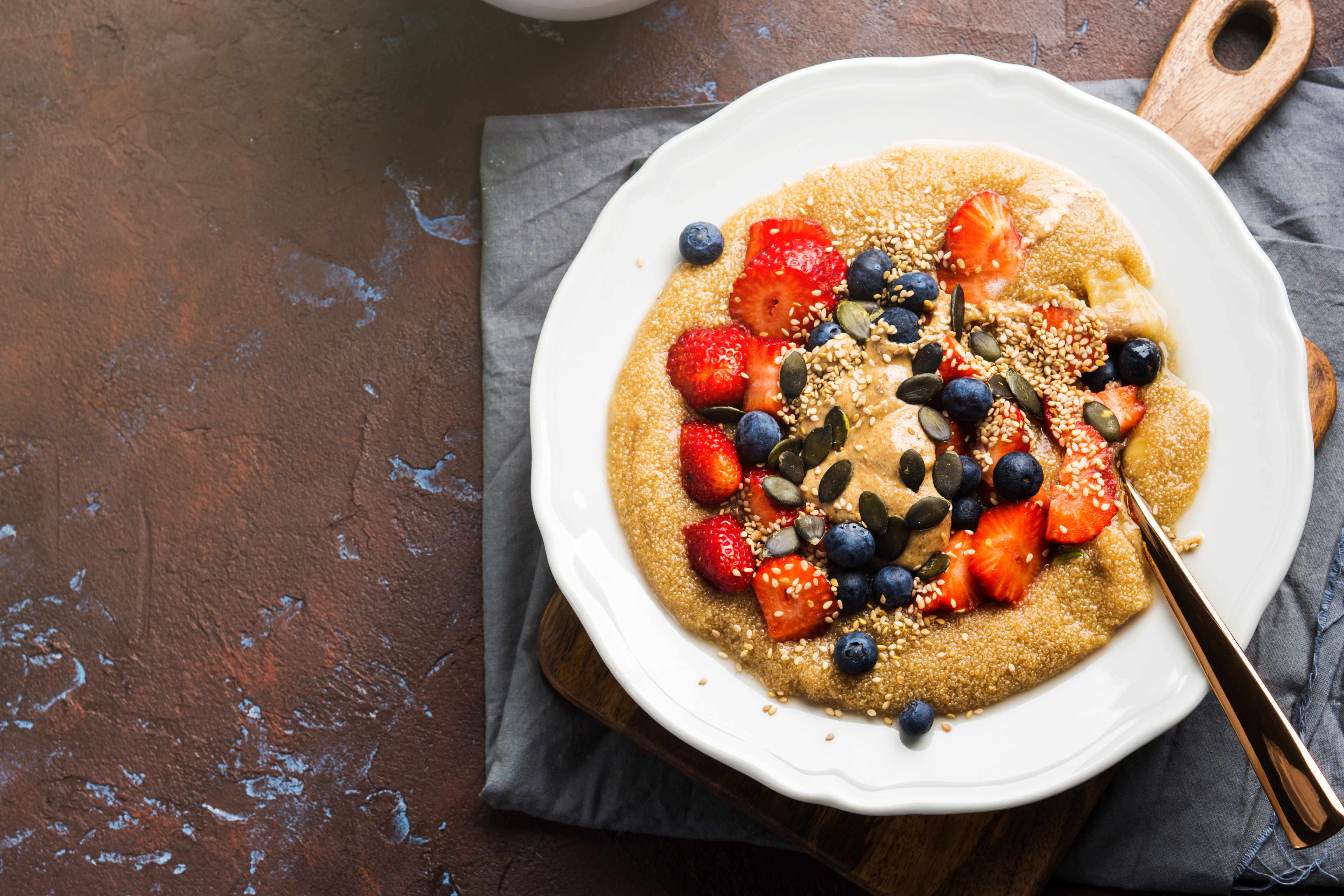
As we conclude this exploration of 12 overlooked superfoods, it becomes evident how each offers unique and compelling health benefits. From the tiny chia seeds to the oceanic kelp, these foods provide a diverse array of nutrients that can enhance your diet and support your health goals. While popular superfoods like kale and quinoa will always have their place, expanding your palate to include these lesser-known options can provide variety and balance to your nutritional intake. Integrating these powerhouse superfoods into your daily routine not only diversifies your diet but also fortifies your body with essential nutrients. As you embark on this journey towards better health, remember that the key lies in variety and balance, empowering you to make informed choices that elevate your health and nutrition game.
